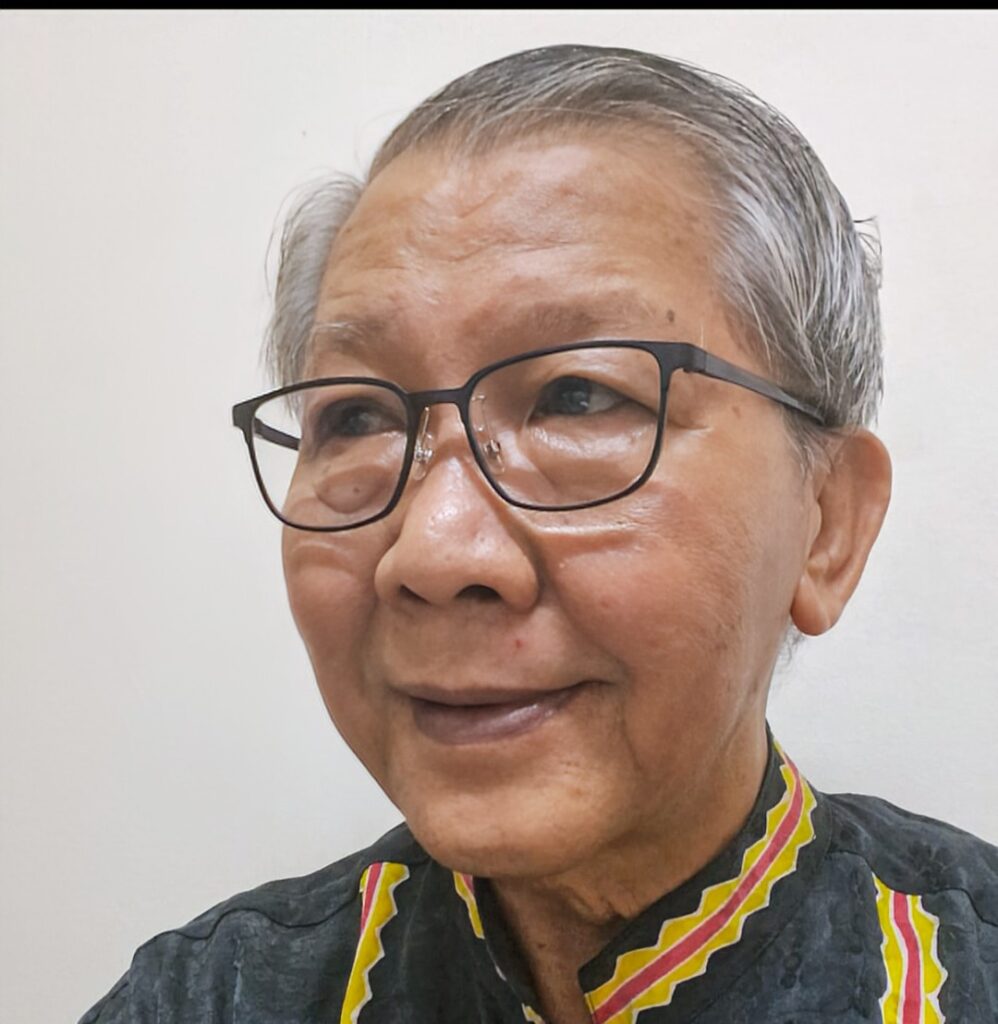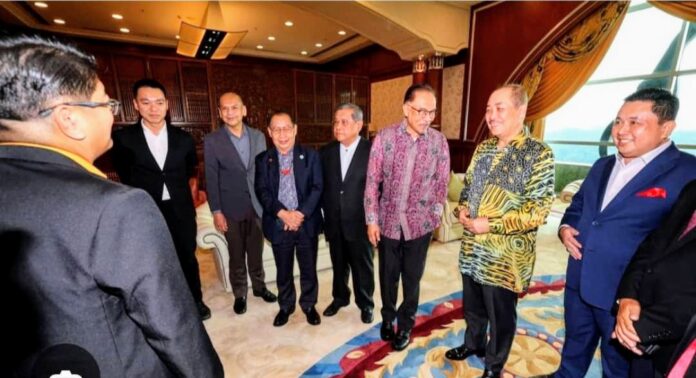
By Datuk James Ligunjang JP
Former State Assemblyman
KOTA KINABALU : – As Sabah prepares for the upcoming elections, the importance of empowering local political parties has become increasingly apparent. Hajiji Hj Noor’s advocacy for local dominance in the state’s political landscape highlights several compelling reasons why this approach benefits Sabah:
The Malaysia Agreement 1963 affirms Sabah’s right to autonomous governance, free from the dominance of Malayan based parties.
This autonomy allows Sabah to maintain its distinct governance structures and prioritize its unique needs.
Sabah is home to diverse cultures and histories that are distinct from other parts of Malaysia.
Malayan parties like UMNO and PKR often struggle to fully understand and address the specific needs of Sabahan communities.
Local parties are better positioned to grasp these nuances and craft policies that genuinely reflect Sabah’s multifaceted interests.
Such localized approaches ensure that Sabah’s priorities are not overshadowed by national agendas, thus safeguarding the autonomy granted under the Malaysia Agreement.
Parties rooted in Sabah are more likely to champion initiatives focused on the state’s economic development—such as improving infrastructure, education, and healthcare—tailored to benefit local residents.
This targeted approach promotes sustainable growth aligned with Sabah’s unique context.
The Gabungan Rakyat Sabah (GRS), led by Hajiji Hj Noor, exemplifies how local parties can provide stability and continuity in governance.
Such stability is vital for long-term strategic planning and for effectively addressing community issues.
The accessibility and responsiveness of local leaders foster trust and facilitate direct communication with citizens.
Emphasizing local political leadership also strengthens Sabah’s regional identity.
It fosters pride and encourages active participation among residents, empowering them to shape their own future.
For decades, Sabah’s political landscape was dominated by Malayan parties that sidelined the aspirations outlined in the Malaysia Agreement 1963.
The formation of GRS under Hajiji Hj Noor’s leadership has significantly reduced the influence of these parties, allowing Sabah to enjoy greater political stability, increased revenue, and improved standards of living and development.
Given Sabah’s fragmented political landscape, with many parties vying for influence, the most beneficial approach is for Sabahans to support a cohesive coalition of local parties like GRS.
By rallying behind GRS in the upcoming elections, Sabah can ensure governance that prioritizes its unique needs and identity.
This strategy paves the way for a prosperous future rooted in Sabah’s interests.
It is therefore vital for Sabahans to unite and present a common front under the GRS banner.
Unity among Sabahans will strengthen our collective voice, promote development, and ensure that our aspirations are effectively represented and prioritized.
Together, we can build a stronger, more cohesive community that confidently advocates for Sabah’s rights and progress.
*Rumah kita, kita jagah.*



